Get Started for FREE
Sign up with Facebook Sign up with X
I don't have a Facebook or a X account
 Your new post is loading... Your new post is loading...
 Your new post is loading... Your new post is loading...

Jo Blannin - The Know Tech Teacher's curator insight,
November 21, 2013 12:48 AM
Great ways to use game-making in education - I love using MineCraft with the senior primary students. It really brings maths into engineering and science! 
Kristina Cook's curator insight,
November 21, 2013 10:56 AM
I chose this article because my partner likes minecraft. It relates because it entertains my partner.
|

Ryan McDonough's curator insight,
July 7, 2014 8:19 AM
Self explanatory visual on the benefits of gaming as a means of learning. Outlined are the rewards, mastery, engagement, intensity, exercise, readiness, and competitiveness. These types of graphics need to be displayed in the classroom. There's always parents who are unsure of how gaming qualifies as teaching. Can't they just sit their kid in front of an iPad all day at home? Well, in the appropriate setting, with the right direction and guidance, games are certainly good for learning. Some people just don't know that from experience yet.
Florence HENCKE's comment,
August 9, 2013 3:10 AM
Thank you for this infographic and the sources you used, the importance of having fun while learning seems to increase in education. Good news !

Ines Evaristo's curator insight,
August 21, 2013 6:53 PM
Una buena infografía que resume estudios con resultados del efecto de los videojuegos en el aprendizaje de la educacion superior, cosa que no habia visto mucho. Además, el inicio es bastante claro, hacer un videojuego "serio" o educativo es doble reto: lograr los objetivos de aprendizaje propuestos y diseñar un gameplay igualmente divertido, motivador, estimulante... es la diferencia entre un videojuego educativo de un juego didactico.
Taryn Coxall's curator insight,
October 8, 2013 10:24 PM
This article gives great insight into the upcoming phenominon of "Game Based Learning".Although i have never seen it in my practises, after reading abit about it, i believe game based learning is something i would incoperate into my own classroom. Game Based learning provides a stimulating and engaging way of learning for children on a wide range of educational areas and topics. It is proven through this approach to learning students aremore likely to become motivated to learn, become increasingly engage and excel in their learning. great resource which has iven me great insight.

יפה בן-דרור- Yaffa Ben-Dror's curator insight,
January 9, 2013 1:01 AM
MindShift shares four areas: * Games and group work * Learning Latin * Reaching Students * Creativity Play Games and group work looks at what happens when a teacher brings in a wide range of technology incorporates game playing as part of the class. You may be quite surprised by the results! Learning Latin uses an online video game to teach Latin with great success. Reaching Students looks at how cell phones may be used in a classrom Creativity Play provides a look at how teachers are using Minecraft in the classroom). 
cpeyronnet's curator insight,
January 9, 2013 2:39 AM
MindShift shares four areas: * Games and group work * Learning Latin * Reaching Students * Creativity Play Games and group work looks at what happens when a teacher brings in a wide range of technology incorporates game playing as part of the class. You may be quite surprised by the results! Learning Latin uses an online video game to teach Latin with great success. Reaching Students looks at how cell phones may be used in a classrom Creativity Play provides a look at how teachers are using Minecraft in the classroom).
Cynthia Mosley's curator insight,
June 30, 2015 6:20 PM
This site provides digital educational games that provides visual concepts along with experiment activities.
Bryan Kay's curator insight,
October 22, 2015 8:31 PM
I hope this article provides insight on how to confront student issues as an educational leader.
Engaging students in their own learning is so motivating and meaningful.
As a leader I want to allow my teachers the ability to try new things and attempt to connect with their students as much as possible. |



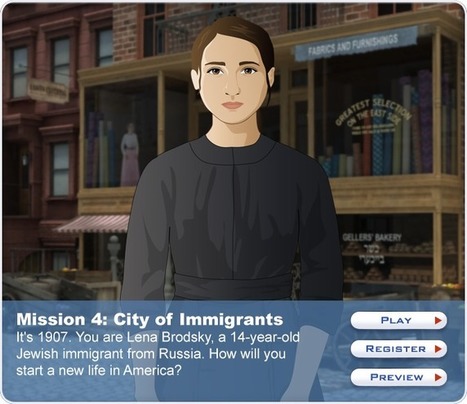

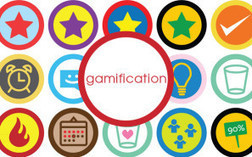

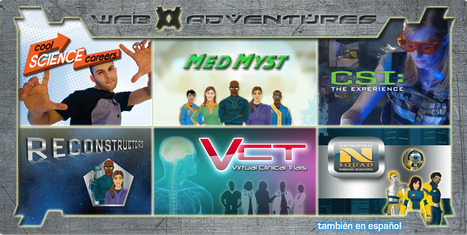

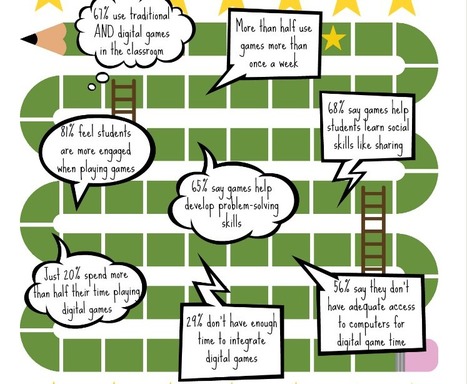


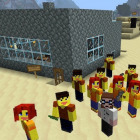
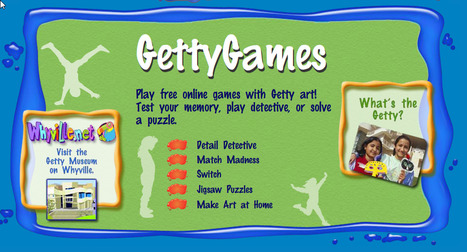
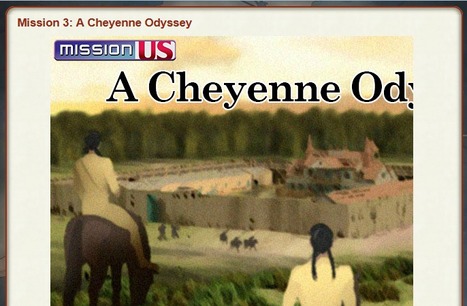
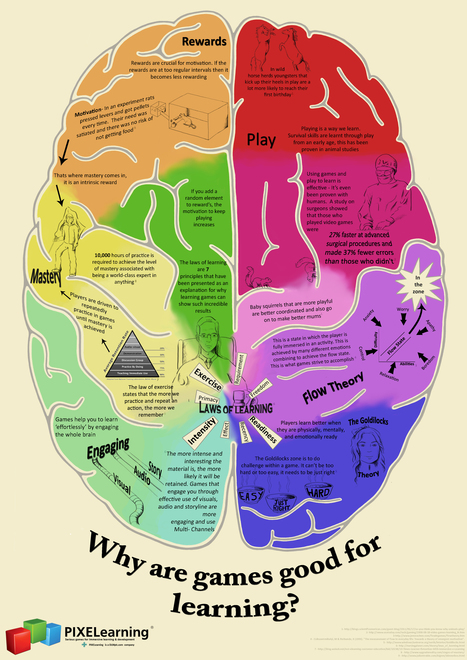


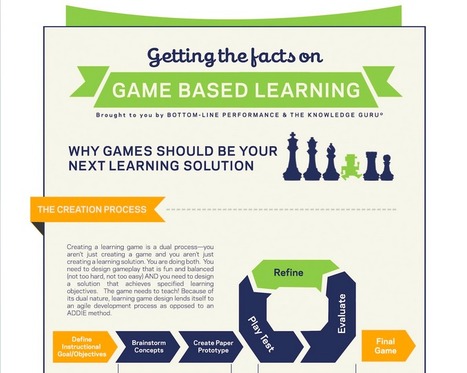

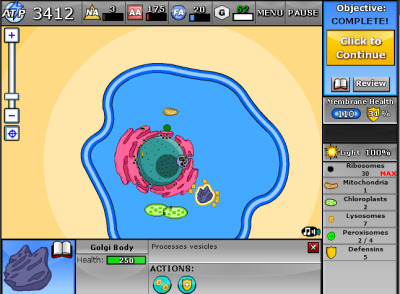
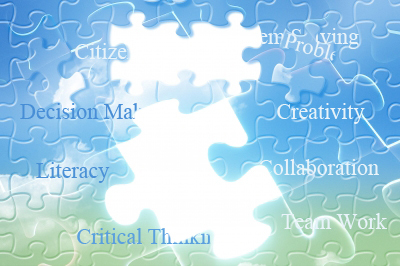






Mission US has just released a new mission: City of Immigrants. This game allows learners to learn about issues of immigrants ad they become Lena Brodsky, a 14 year old immigrant from Russia. During the game learners meet people in Lena's community, gaining a better understanding of the dynamics of immigrant communities. Throughout the game learners will need to make choices, which are not necessarily easy.
These games are geared to middle and high school learners. The other games found at Mission US are:
* For Crown or Colony (1770)
* Flight to Freedom (1848)
* A Cheyenne Odyssey (1866)
You will also find teaching materials on the website.